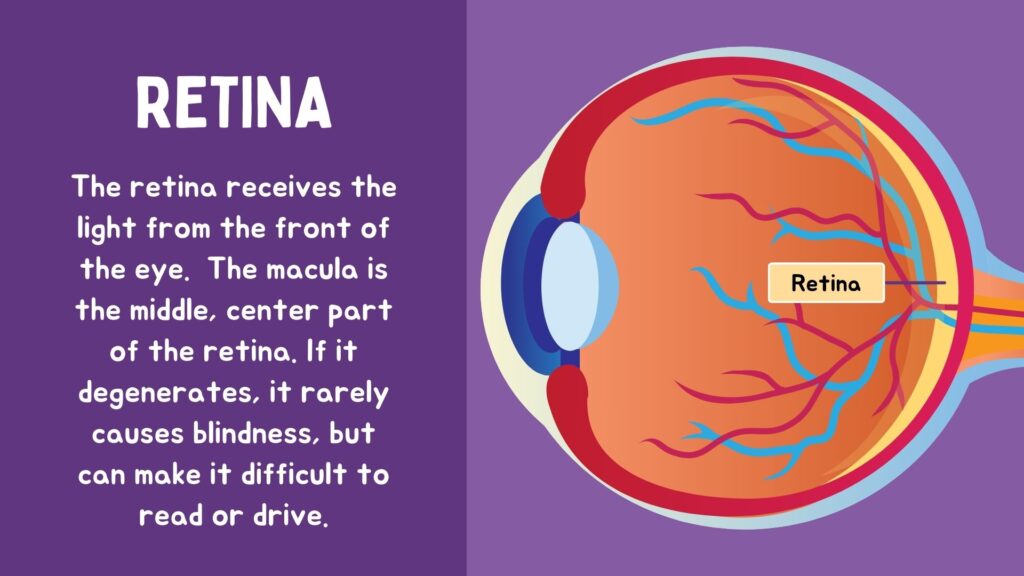 Most of us love the feeling of warm sunlight on our skin. It brightens our mood, makes outdoor adventures more fun, and gives everything a golden glow.
Most of us love the feeling of warm sunlight on our skin. It brightens our mood, makes outdoor adventures more fun, and gives everything a golden glow.
But sunlight is more than just pretty -it’s actually one of nature’s best health boosters.
From stronger bones to better sleep, stepping into the sunshine can give your mind and body a surprising number of benefits. Let’s explore why soaking up some rays is so good for you.
- Sunshine and Vitamin D: The Dynamic Duo
One of the biggest reasons sunlight is so important is because it helps your body make vitamin D. This vitamin is sometimes called the “sunshine vitamin” because your skin produces it when exposed to ultraviolet B (UVB) rays from the sun. Vitamin D is essential for strong bones, healthy muscles, and even a powerful immune system.
Research published in the Journal of Investigative Medicine (2011) found that people with healthy vitamin D levels had better resistance to infections. It’s also key for preventing osteoporosis, a condition where bones become weak and brittle. Just 10–20 minutes of sunshine a few times a week can often be enough to keep your vitamin D levels in good shape — though this can vary depending on your skin tone, where you live, and the time of year.
- Sunshine Boosts Your Mood
Ever notice how your spirits lift after a sunny day? That’s not just your imagination. Sunlight helps your brain release serotonin, a chemical that makes you feel calm, focused, and happy. Low levels of serotonin are linked to depression, which some people experience during darker winter months.
A review in The Lancet (2020) found that light therapy — exposing people to bright artificial light — was effective in improving mood and reducing depression symptoms. Natural sunlight works in a similar way, giving your spirits a natural lift.
- Better Sleep Thanks to the Sun
Here’s a fun fact: catching rays during the day can help you sleep better at night. How? Sunlight helps regulate your body’s circadian rhythm, which is your internal clock that tells you when to feel awake and when to feel sleepy.
Morning sunlight in particular signals your brain that it’s time to be alert. Later in the day, your body naturally releases melatonin, the “sleep hormone,” when it’s dark. A study in the Journal of Clinical Sleep Medicine (2014) showed that office workers with more natural light exposure slept longer and better than those without it.
- Sunlight Can Help Your Heart
Moderate sun exposure might even give your heart health a little boost. When sunlight hits your skin, it can help lower blood pressure by triggering the release of nitric oxide, a molecule that relaxes blood vessels. A study in the Journal of Investigative Dermatology (2014) suggested that this process could reduce the risk of heart disease.
- Social and Active Benefits
Finally, let’s not forget the lifestyle perks. Sunny weather encourages people to get outside — whether that’s walking, playing sports, or just hanging out with friends. Being outdoors often means more physical activity, which supports a healthier body and a sharper mind.
So, How Much Sun Do You Need?
Experts recommend a balance — enough to enjoy the benefits, but not so much that you risk sunburn or skin damage. 10–15 minutes of direct midday sun exposure on your face, arms, and legs, several times a week, is enough to get enough Vitamin D.
The ideal time is between 10 a.m. and 3 p.m., as the sun’s healthy rays are strongest then. Darker skin tones require longer exposure. If you like, you can use sunscreen on other parts of your body and take breaks in the shade as needed.
Summary
Sunlight is one of life’s simplest and most powerful health tools. It helps your body create essential vitamins, lifts your mood, improves sleep, and can even support your heart. So, the next time the sun is shining, step outside, take a deep breath, and let nature do some of its best work
Nutrition Breakthroughs
This health news is shared by Nutrition Breakthroughs, maker of the original calcium and magnesium based sleep aid Sleep Minerals II, and Joints and More, a natural supplement for joint relief, less aches and pains, stronger hair and nails, and more energy.










